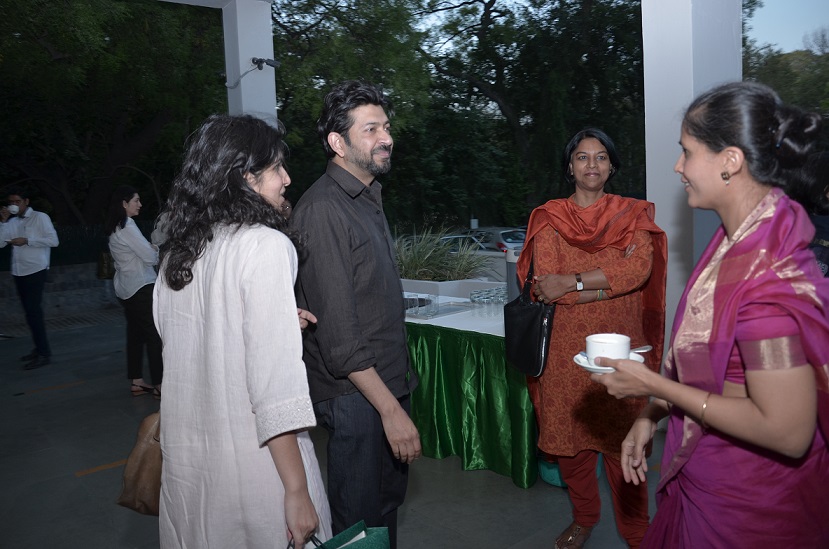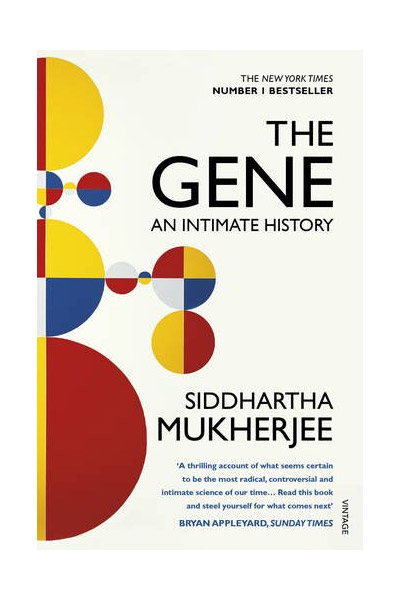

He is experimenting on pea shoots, and he wants to understand what makes plants and growing things the way they are.

Part 1 begins in 1864, when George Mendel, living in a monastery in the Czech Republic, runs experiments in his flower garden.

Combined with his family history, this cancer research inspired Mukherjee to study the gene itself in more detail. He specializes in oncology, or cancer biology, and much of his work turns on normal and abnormal genes. However, inherited conditions are the reality of the human gene, and some of us are genetically predisposed to conditions even if they never materialize. Other illnesses affecting the family include bipolar disorder and manic depression they do not want to feel that every generation of the family is susceptible to mental illness. They refuse to accept it because he is not the only family member with schizophrenia, and they do not want to believe that it is hereditary. His cousin, Moni, is a diagnosed schizophrenic, and many family members refuse to accept this diagnosis. Mukherjee begins with a brief history of how human heredity affects his own family. Part 6, the final section, considers what mankind will do with its expanding knowledge of the gene, and if our actions will make us reconsider what it means to be a human. Each part focuses on the specific discoveries made within a specific time period, and how these discoveries have shaped our understanding of human heredity. The book is split into six parts, charting scientific studies into the human gene from around 1865 to the present day. The central thesis is that understanding the gene, or at least our attempts to understand it, has a profound effect on our lives and how we shape our society-for better or worse. A biography of the human gene through the centuries, it focuses on our never-ending quest to find answers to human heredity questions. Like The Emperor of Maladies, The Gene has a unique narrative style. His debut, The Emperor of Maladies: A Biography of Cancer, won the 2011 Pulitzer Prize for general nonfiction. Mukherjee is a cancer physician and researcher at Colombia University Medical Center. Receiving overwhelming praise upon publication for its unique narrative style, the book received award nominations, including the 2016 Baillie Gifford Prize for Nonfiction. Siddhartha Mukherjee’s The Gene: An Intimate History (2016) provides a history of the human gene, and what it means for the future of humanity if we can manipulate our own genetic code.


 0 kommentar(er)
0 kommentar(er)
